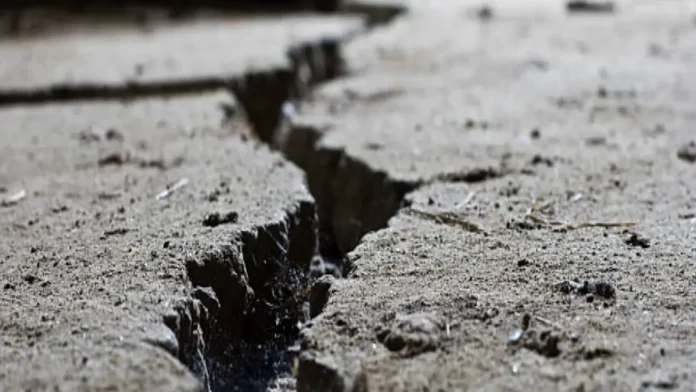In the early hours of Monday, strong earthquakes jolted Japan’s north-central region of Ishikawa, an area previously struck by a fatal quake on January 1st. Despite the tremors, authorities reassured the public that there was no risk of a tsunami. According to the Japan Meteorological Agency, a magnitude 5.9 earthquake hit the northern tip of the Noto Peninsula, followed shortly by a tremor measuring 4.8 in magnitude.
Fortunately, the agency confirmed that there was no tsunami threat from either earthquake. Reports indicated no significant damage or injuries. Although Shinkansen super-express and other train services were briefly suspended for safety checks, most services have since resumed, as confirmed by West Japan Railway Co.
Also Read: Emirates President Urges Boeing to Secure Strong Leadership Amid Crisis
Additionally, the Nuclear Regulation Authority reported no abnormalities at two nearby nuclear power plants. While the Shika plant on the Noto Peninsula sustained minor damage, officials assured that this did not impact the cooling functions of the reactors.
Hokuriku Electric Power Co. also confirmed that there were no power outages resulting from the earthquakes.
However, Monday’s seismic activity reignited anxieties among residents still grappling with the aftermath of the New Year quake. NHK public television captured scenes of people emerging from their homes and temporary shelters to inspect for any additional damage.
In Wajima City, one of the areas hardest-hit by the January quake, an inn operator recounted taking cover under a desk at the reception when the first quake struck on Monday. While no items fell or broke during the tremors, the incident evoked memories of January’s devastation, prompting concerns about the recurrence of such significant seismic events even five months later.
The magnitude 7.6 earthquake that struck the Noto Peninsula on January 1st claimed the lives of 241 people. Despite ongoing recovery efforts, damages persist, leading many residents to evacuate the area.



